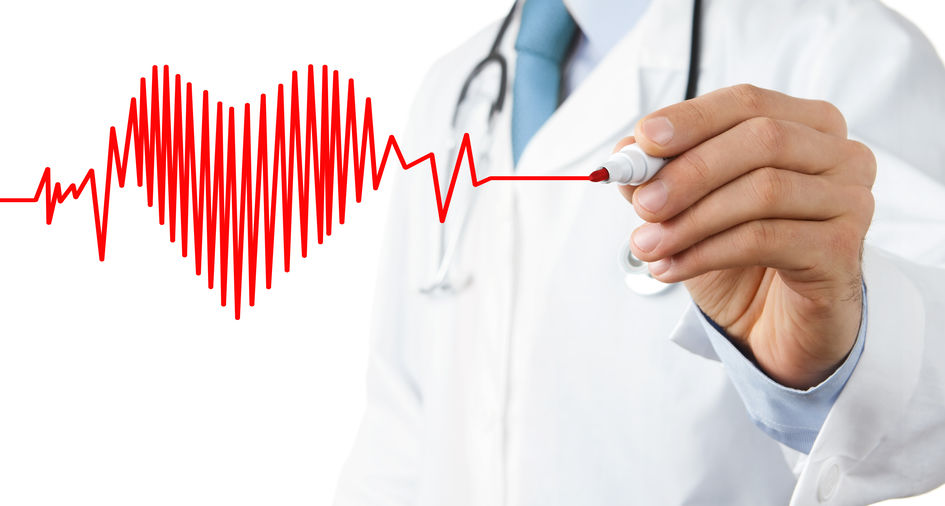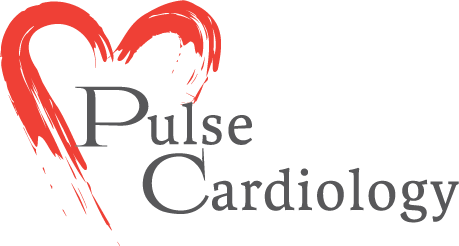What is Atrial Fibrillation, Symptoms, and Treatment
Changing lifestyle, work-related stress and bad eating habits could have detrimental effects on your health, especially your heart. There are several types of heart diseases and one that can pose a serious threat is Atrial Fibrillation.

What is Atrial Fibrillation?
Well, Atrial Fibrillation is just another medical term for a variation of irregular heartbeat. Irregular heartbeat itself is a medical condition that has a dedicated medical term – Heart Arrhythmia.
AFib affects the upper two chambers in your heart. It disrupts the normal flow of blood to the lower chambers of your heart.
Generally, people over the age of 60 are at risk of coming down with this medical condition.
Symptoms
Here is a list of a few Atrial Fibrillation symptoms:
- Heart palpitations – the feeling where you might notice that your heart is either skipping a beat or beating very fast
- Chronic chest pain
- Excessive fatigue – even when you have had a good night’s sleep
- You feel as if you are out of breath just after taking a brisk walk
- May feel weak all the time
- Can feel lightheaded
- You feel dizzy
- You faint every now and then
Atrial Fibrillation Causes
Doctors still cannot pinpoint the exact Atrial Fibrillation causes but they are convinced that the following could act as a catalyst:
- Hypertrophic Cardiomyopathy – here the muscle of the heart becomes thick thus making it hard for the organ to function properly
- High blood pressure
- Congestive heart failure
- Congenital heart defects – in simple terms, in case the patient was born with certain defects in the heart
- Coronary Artery Disease
- Dysfunctional heart valves
- An overactive or dysfunctional thyroid gland
- Pericarditis – here the protective sac-like covering of the heart becomes infected and suffers inflammation
- AFib could also be the side effect of certain medications
- AFib is a common issue with people who abuse alcoholic drinks
Treatment
You doctor may or may not give you the following types of medications as a form of Atrial Fibrillation treatment:
- Beta-blockers – these will help your heart to bring down its beating rate if your heart beats way too fast
- Calcium channel blockers – these will help your heart muscles to relax thus bringing down the beating rate to normal levels
- Potassium or sodium channel – these do the same trick as mentioned above
- Digitalis glycosides – these help in strengthening the contractions of your heart
- Medications then thin out the blood in your body. This is just a precaution that is taken by doctors in order to ensure that a patient with AFib does not form clots in their heart and suffer a stroke
Like with any heart disease, a patient needs to make visible changes in their lifestyle and eating habits the moment they are diagnosed with one. Medical science has made significant advancements over the decades and if you follow your doctor’s advice with due diligence, you will be just fine – remember this!
